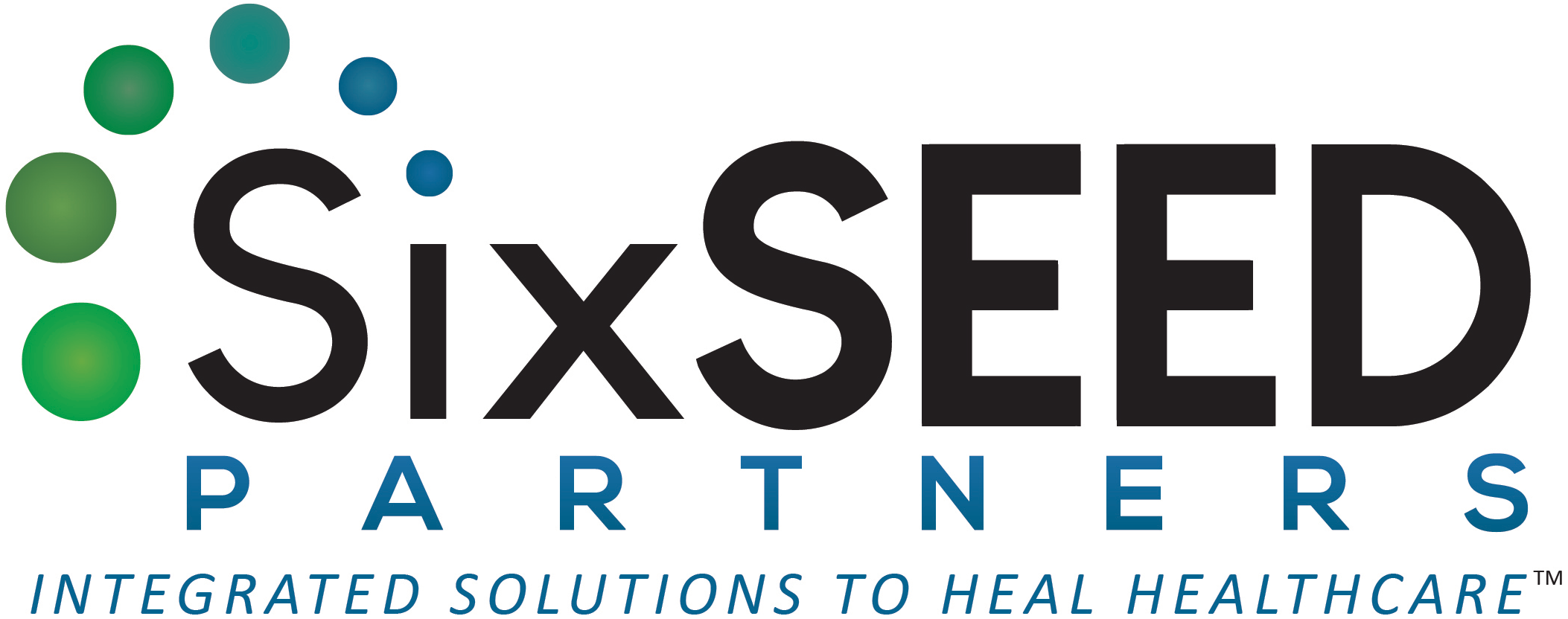
Application of polarity thinking and Accountability Structures to Improve well-being & culture change.
Joy W. Goldman RN, MS PCC: Founding Partner and Advisor SixSEED Partners
Background
In our work with Patient Care and Nursing Senior Leaders at an academic medical center, we have been focusing on two key tensions: care- for- self and care -for -others; and integration for two hospitals and with patient throughput strategic partners. Our design for facilitation has mirrored this interdependency: we have focused for this past year on both well-being and integration, setting the vision that team-member well-being and quality excellence can co-exist.
The Strategy
Over the past year, we have blended in-person and virtual team facilitation for thirty nursing and patient care leaders. We have grounded our work with three powerful and complementary frameworks: Polarity Thinking; The Leadership Circle Profile’s Collective Leadership Assessment and Above and Below the Line from the Conscious Leadership Group.
The Solution
Applying a blended, action-learning framework and a coaching lens to our work with thirty Vice-Presidents and Directors of Nursing and Patient-Care services, we used time-tested frameworks to support a high reliability culture and decrease blame. We invited the leaders to suggest real-time work applications so that the learning was in the context of their existing priorities and did not add any undue burden on these already exhausted leaders. Our emphasis throughout this past year and the past two years has been integrating a focus on well-being in the context of creating sustainable excellence.
The Impact
After nine months of blended facilitation and interim “field work,” we heard the following results in the leaders’ change of thinking, emotions, behaviors, and results: “I’ve reduced my heart rate by six beats/ minute.” “I’ve been modeling setting boundaries around my time at work and giving myself permission to take the weekend “off” from emails and work and I’ve noticed that my team members are doing the same- what I model they seem to follow.” “I’ve become more present to who is in front of me and I’m listening more. Before I would be more concerned about getting somewhere on time and now I realize that the person in front of me is more important. This sense of presence has also impacted my home life and I am more present there.”
Would you like to hear more about how you can develop your leaders, improve well-being and culture, while you do essential work and not separate from your work? We’d love to hear from you! Please contact us here: https://sixseedpartners.com/contact/


Leave a Reply